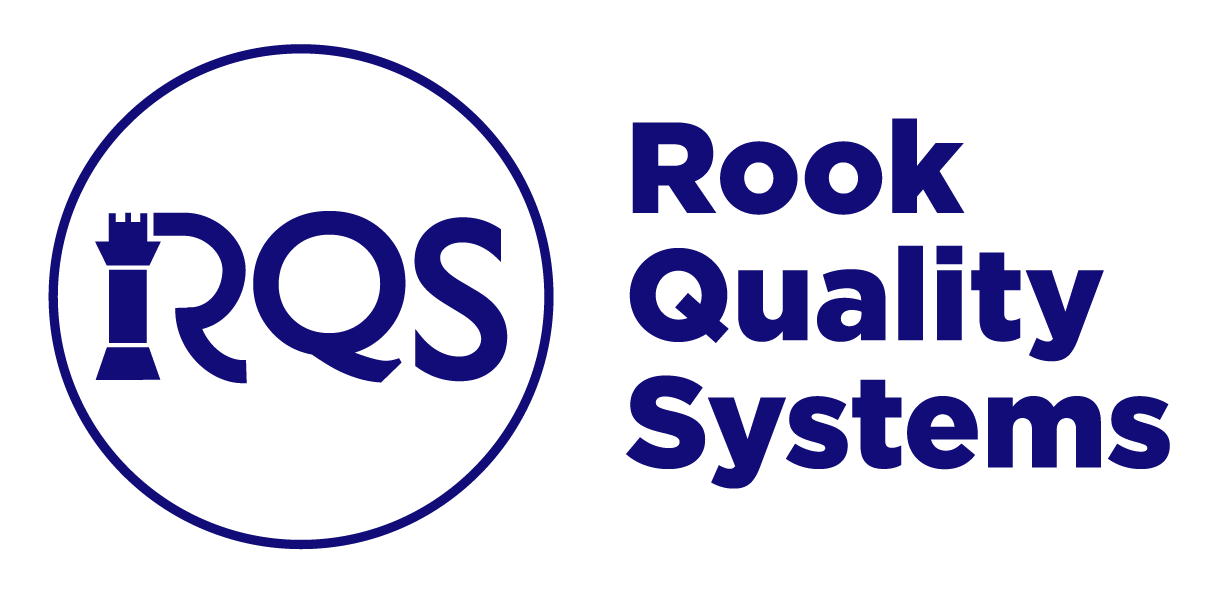Understanding How to Properly Evaluate Suppliers per FDA Requirements 21 CFR 820.50
Purchasing Controls and Supplier Evaluations are a critical component of quality management for medical device manufacturers, ensuring that materials, components, and services provided by third parties meet the necessary standards for safety and compliance. Per 21 CFR 820.50, the FDA mandates that manufacturers establish controls over their suppliers to minimize risk and ensure product performance and safety. For medical device companies, conducting thorough supplier evaluations is essential not only for maintaining quality but also for staying compliant with FDA regulations.
What Are Supplier Evaluations?
Supplier evaluations are the formal process of assessing and verifying that suppliers meet a companys quality standards, as well as regulatory requirements. This evaluation process ensures that suppliers can consistently provide materials, components, or services that are safe, effective, and compliant with the applicable laws and standards. Supplier evaluations help mitigate risks, maintain product integrity, and safeguard patient health by reducing the chances of defects or failures that could compromise device performance.
Key Tasks Involved in Supplier Evaluations
The supplier evaluation process involves several tasks aimed at ensuring that suppliers are capable of meeting the specific needs of medical device manufacturers. These tasks typically include:
- Risk-based Supplier Assessment: Medical device companies prioritize evaluating suppliers based on the risk associated with the products or services provided. Higher-risk suppliers, such as those providing critical components, require more rigorous evaluations.
- High Risk / Critical Suppliers – Suppliers of products or services that directly impact the safety and effectiveness of the device. (i.e., Subcontractors for manufacturing, packaging, software development or sterilization as these suppliers provide integral components/services that impact device safety.
- Medium Risk Suppliers – Suppliers or services that are important components to safety and effectiveness but are not defined as critical; usually processes are established to ensure process control (i.e., Custom components).
- Low Risk Suppliers – Suppliers or service providers are usually generic and are low risk to product quality (usually off-the-shelf type components).
- Supplier Audits: Regular audits are conducted to review the suppliers processes, capabilities, and adherence to quality standards. This includes examining manufacturing processes, quality controls, and compliance with regulatory requirements.
- Your Quality team will determine if a supplier audit is needed – For low-risk suppliers, audits may be waived based on qualifications, certifications, and performance, though audit frequency can vary. Critical suppliers will still require regular audits.
- Supplier Performance Monitoring: Ongoing monitoring of supplier performance helps ensure continued compliance and quality. Key performance indicators (KPIs) such as defect rates, on-time delivery, and corrective actions are tracked over time. Suppliers should be reevaluated to ensure the suppliers performance is meeting the needs of the company.
- Documentation Review: Ensuring that suppliers maintain proper documentation for their processes, including certificates of compliance, test results, and process validation records, is a fundamental part of the evaluation.
- Supplier Agreements: Establishing clear agreements that define the expectations and responsibilities of both parties, including quality requirements and processes for managing changes, is crucial to maintaining a robust supplier relationship.
- We recommend implementing a Supplier Quality Agreement (SQA) for all critical suppliers or custom supplier parts to ensure legal security, due to the agreement clearly defining the responsibilities of both parties.
The FDAs Supplier Evaluation Process
The FDA requires medical device manufacturers to comply with 21 CFR Part 820.50, specifically Subpart E—Purchasing Controls, which outlines the requirements for controlling suppliers. The FDAs supplier evaluation process typically involves the following:
- Supplier Qualification: Manufacturers must establish process controls for selecting and qualifying suppliers. This includes determining the supplier criteria, conducting initial supplier or service assessments, reviewing certifications, conducting supplier audits and establishing the necessary agreements to ensure both quality and regulatory compliance needs have been met
- Risk-based Approach: Manufacturers should implement a risk-based approach to evaluate and monitor suppliers, focusing more resources on suppliers that provide critical components or have higher risks associated with their products or services.
- Ongoing Monitoring: The FDA expects manufacturers to continually monitor supplier performance. This includes reviewing quality metrics, audit results, and supplier corrective actions to ensure ongoing compliance.
- Corrective and Preventive Actions (CAPA): If issues are identified during the supplier evaluation, manufacturers are required to initiate CAPA to address and resolve non-conformances, as well as prevent future occurrences. Your company may also make the decision to issue Supplier Corrective Action Requests (SCARs) depending on the company’s structure and the responsibilities defined in the SQA.
- Documentation and Records: Manufacturers must maintain thorough documentation of all supplier evaluations, including qualification results, audits, and performance reviews. These records should be readily available during an FDA inspection.
How Rook Quality Systems Can Support Your Supplier Evaluation Process
Rook Quality Systems offers comprehensive support to medical device manufacturers preparing for and executing supplier evaluations. Our team of experienced professionals can assist with:
- Developing risk-based supplier evaluation programs tailored to your specific needs.
- Conducting supplier audits to ensure compliance with FDA regulations and quality standards.
- Providing guidance on ongoing supplier performance monitoring and management.
- Assisting with CAPA processes and ensuring that all corrective actions are documented and tracked.
- Training your team on best practices for supplier evaluation and FDA compliance.
Look to Rook
Partnering with Rook Quality Systems will help you navigate the complexities of supplier evaluations, ensuring that your supply chain is robust, compliant, and capable of delivering high-quality medical devices. Contact us to help you streamline your supplier management processes and maintain regulatory compliance with confide
